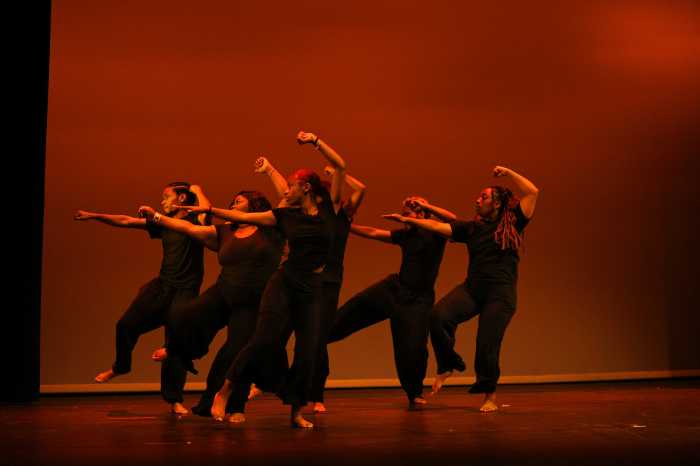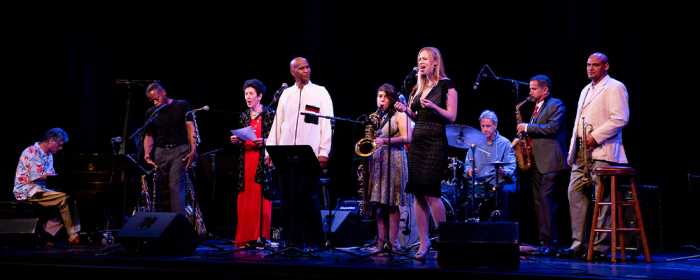By Kenneth Kowald
I do not recall that there was a Bible in our home when I was growing up. My father, a nominal Lutheran, set foot in church only for weddings and funerals. My mother was Jewish and completely secular. They were married by a Lutheran minister in his study. My sister, brother and I were duly baptized into the Lutheran confession quickly after birth. From that time, with the exception of my sister being confirmed, religion did not figure in our lives.
But early on, I began to realize that there was something called the King James Version of the Bible, which had such a great effect on the speech and writings of so many people. That Bible was published in 1611, so this is an important anniversary year.
My first Bible was given to me in the U.S. Army. Your dogtags showed your blood type and your religion, if you had any. I remember mine noted A and P, although I was not affiliated with any church and did not make such a move until well into my 20s, when I joined the First Presbyterian Church of Forest Hills, where I have been a member for many years.
After basic training at Aberdeen Proving Ground, I was fortunate to become part of the public relations office on the base, which published the weekly “Flaming Bomb,” that being the symbol of the Ordnance Department. I became editor of the paper and at some point our artist was William Didul, who lived on Crescent Street in Long Island City.
He and I became great friends and Bill’s two daughters and son were all my godchildren. His wife, Claudia Kaire, was a Richmond Hill resident.
Bill was a graduate of the High School of Music and Art, and later of Cooper Union, and at some time in his high school years he suffered some kind of blow to his windpipe. He did not talk much when we met and even later in life his voice had a rasp in it. He had a successful career in advertising.
I do not know how it happened, but one day Bill asked me to read aloud to him some passages of the King James Version of the Bible, especially Paul’s First Letter to the Corinthians, Chapter 13.
The King James Version is simply magnificent in every way. After all, even if the work was the result of the efforts of a committee of divines and scholars — and what a committee! — the version was written at the time when many consider the English language to have achieved its greatest glory: the time of Shakespeare and his colleagues.
The new Bible was published in May 1611. “The Tempest,” the last play Shakespeare is considered to have written alone, was first performed Nov. 1, 1611. John Donne’s “Death, Be Not Proud” may have been written in the previous year, but was not published until after his death in 1631. The majestic cadences of the language were everywhere in those days.
Certainly the version shaped the speech and writings of many people throughout the centuries. Some, like Walt Whitman, would declaim passages of the work to the winds on the beaches of Long Island. I think the words must have resounded like benign thunder over the waves.
I know that subsequent versions of the Bible may be considered more “authentic,” but to me, nothing can surpass the language of the King James Version. If I recall correctly, when Harry Truman was president, some theologians presented him with the first copy of a new version of the Bible. He thanked them, but then added that, with all deference to their work, he would continue to read the King James Version.
If you need to be reminded of the majesty of that work, read I Corinthians 13 and the 23rd and 51st Psalms. I measure all new versions of the Bible against the words of the King James Version of those passages.
Whitman and Truman were right. The sound of that great translation lingers in the minds of anyone who has read English and American writings or heard or read some great speeches in the last 400 years.
I think it is especially appropriate to mark the anniversary at this time of year.




































